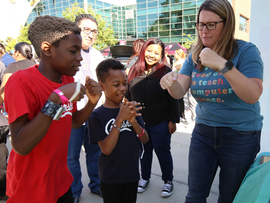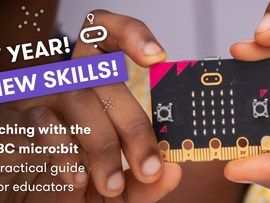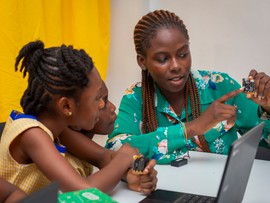Speaking everyone’s language: spotlight on our translation programme
Multilingual education is a key component of quality learning, so we’re always looking for volunteers to help translate the micro:bit website and resources.
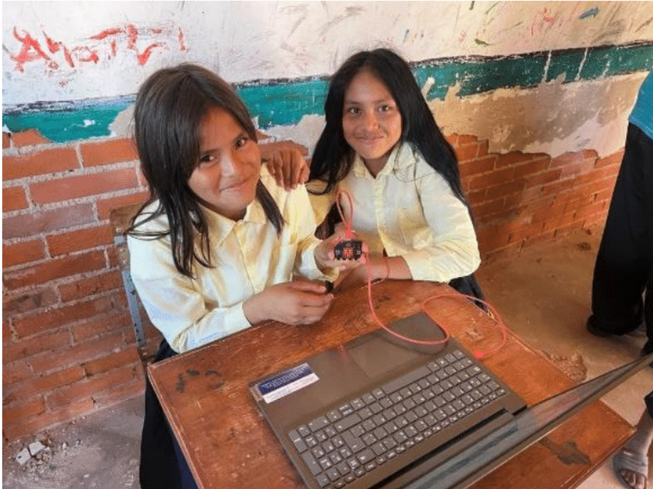

What’s more beautiful then being able to start learning coding in your own language? That’s what I thought and started to help the Dutch kids out by joining the translating team.

Leslie, Dutch translator
Computing and coding skills can help unite people around the world. Teaching these skills in a language that students can understand is vital, for young people to have the opportunities they need to create their best digital future. Globally, 40% of the population does not have access to an education in a language they speak or understand. It’s essential that we can provide translations to the resources we provide on our website.
Currently, microbit.org is available in 15 languages and the MakeCode editor is available in 34 languages, and we have nearly 140 open language projects across the editors and microbit.org.
Find out more about our incredible translation volunteers, and if you feel inspired, we’re always looking for more people to join our network.
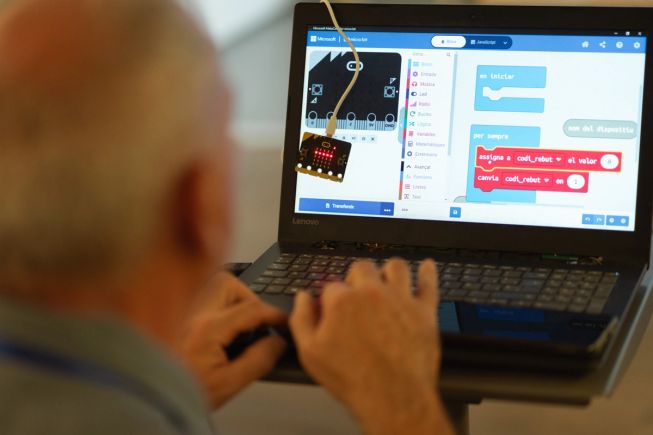
Broadening access

The translation program is crucial as it expands the reach of applications, software, and websites by catering to diverse linguistic audiences.

Depok, Indonesian translator
Many of our translators recognise the importance of making the resources available in native languages, as the micro:bit is a valuable tool to helping people code. Vasiliki, who translates into Greek, was introduced to the micro:bit through a teaching workshop and became a fan. Many of her colleagues wanted to try it, but she saw their biggest barrier was a limited knowledge of English. She realised that translating the resources would help spread the word to others.
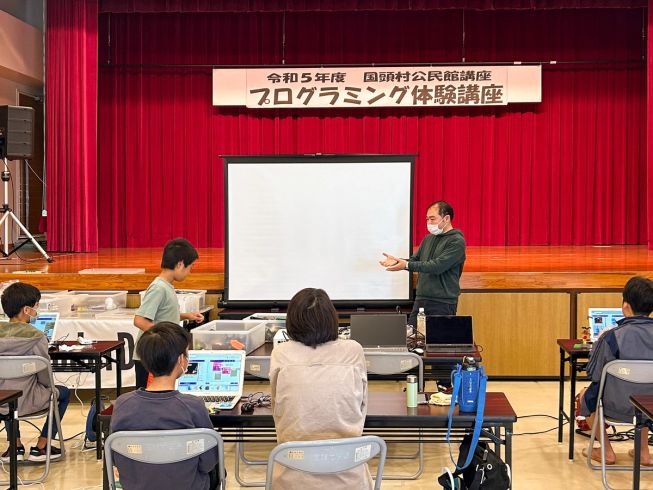
Manabu Itokazu, Japanese translator

I started translating because during the workshop at CoderDojo Nago, I noticed that the dialog for WebUSB connection was not translated, and I wanted to fix it. Fortunately, the micro:bit has an open translation system, so I could translate it myself. I was pleased when the parts I translated appeared during the workshop.
After that, I continued translating little by little as practice for my English and as a way to give back to the micro:bit, which broadened my world of electronics.
The portions I translated make up only a few percent of the whole. I also took a lot of inspiration from how other languages were translated. I am grateful to the Micro:bit Educational Foundation, my fellow translators, and the users who use the translations. I would like to take this opportunity to express my gratitude.
I hope that through the micro:bit, people can enjoy getting in touch with technology.

Manabu Itokazu, Japanese translator
Participating in the translation programme has been a great way for many of our volunteers to develop their language skills, both in English and their native languages. It’s also provided a way to learn even more about micro:bit projects and coding.
Cigdem, who translates into Turkish, mentioned getting great insights into what can be lost in translation, even when translating a technical piece of work. Luke, who translates into Welsh, also highlighted how he’s developed his own vocabulary in Welsh when it comes to technological terms. José, who translates into Spanish, has gotten to know the micro:bit programs better through the process.
Simple to do

You're using one of the best tools for translation, so it's very simple and we can concentrate on helping micro:bit.

Benjamin, French tranlator
Our volunteers come from many backgrounds. There are teachers who already know and love micro:bit. There are researchers and academics who want to help make micro:bit and computing more accessible. There are people who’ve worked in the industry and want to donate time to help. There's even people who’ve discovered the project through the translation platform, but have no knowledge of micro:bit!
They all agree that the process for translation is easy to use, simple to do, but the results for doing so are clear to see.
Valuable for everyone

It's rewarding to know that our job is directly available to all. Small work, big result.

Gregory, French translator
Children all over the world benefit from the fantastic work our translators do, but our translators get a lot out of volunteering too. Felix, who translates into Swahili, has enjoyed connecting with the amazing volunteer community, who are passionate about the same things as him. And many of our translators share his sentiment, as the network provides many opportunities for our diverse group of volunteers to collaborate. Other volunteers love being useful, and say the whole process just makes them happy.
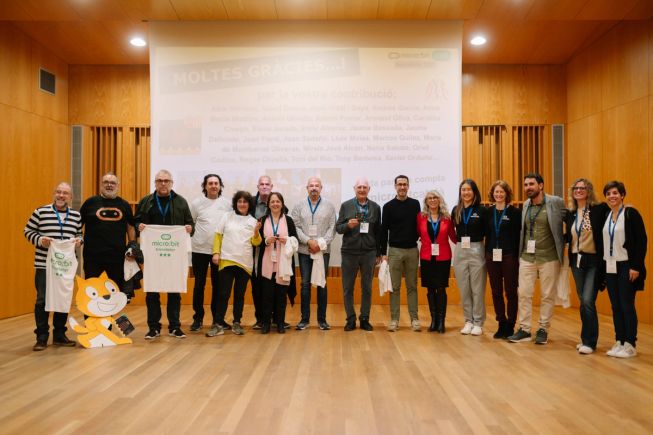
Some of our Catalan translators at micro:bit Live Barcelona, in recognition of their amazing efforts
Get involved

The BBC micro:bit is fantastic. It allows even young students to interact with modern technology by programming and creating their own devices for various purposes around them. I am very happy that I can participate in this project to introduce this board to students in Poland.

Maciej, Polish translator
We’re proud to have completed full translations into Dutch, Japanese and Catalan over the past year, and we'll soon complete translating our Python Editor into Polish. We want to say a huge thank you to our wonderful micro:bit translation volunteers.
If you’d like to be part of our amazing network, we’d love to speak to you. We’re particularly keen to speak to people who may be able to help translate resources into Chinese (simplified), Chinese (traditional), Korean and Malay. Find out more at the link below.
